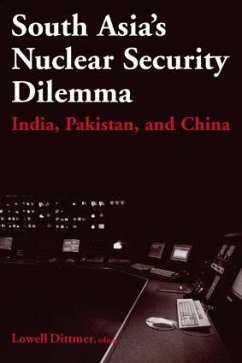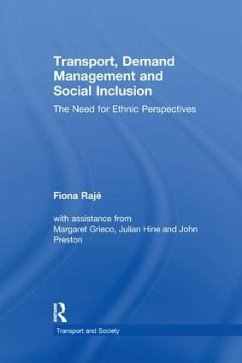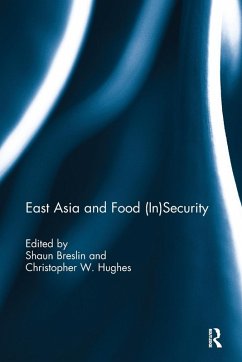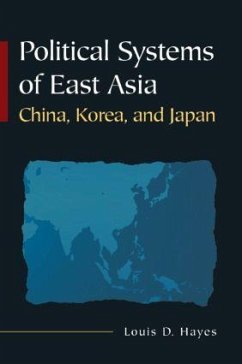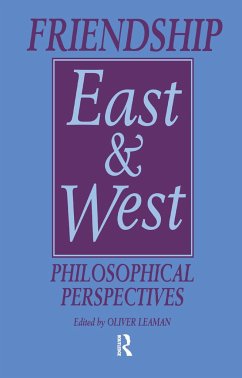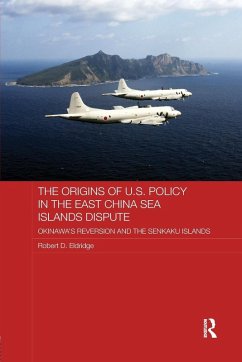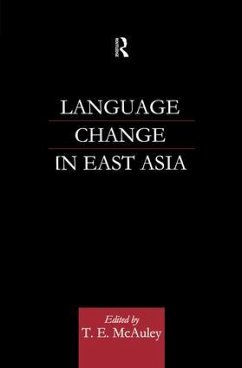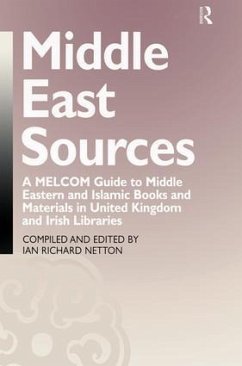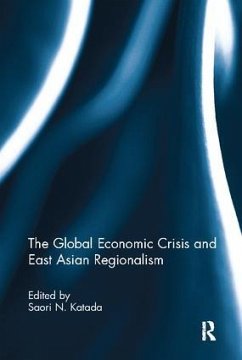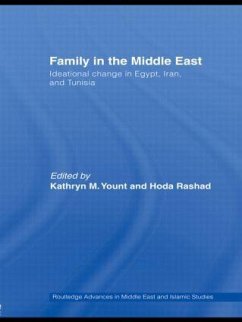
East Asia's Demand for Energy, Minerals and Food
The International Politics of Resources
Herausgeber: Barclay, Kate; Smith, Graeme
Versandkostenfrei!
Versandfertig in 1-2 Wochen
38,99 €
inkl. MwSt.

PAYBACK Punkte
19 °P sammeln!
China Japan and South Korea's international relations are shaped by the fact that all three countries are significant importers of resources. This book brings together work on specific aspects of the politics of resources for each of these countries, regionally and internationally. There are some similarities in the approaches taken by all these three. For example, their development assistance shares a focus on infrastructure building and reluctance to purposefully influence domestic politics. However, there are also significant differences due in large part to the individual nature of the sta...
China Japan and South Korea's international relations are shaped by the fact that all three countries are significant importers of resources. This book brings together work on specific aspects of the politics of resources for each of these countries, regionally and internationally. There are some similarities in the approaches taken by all these three. For example, their development assistance shares a focus on infrastructure building and reluctance to purposefully influence domestic politics. However, there are also significant differences due in large part to the individual nature of the states as international actors. China has significant domestic supplies of resources while Japan and Korea are net importers. China's size also marks it out as different, as does its state socialist history and continuing authoritarian state. One of the key issues to understanding contemporary resource politics in Northeast Asia is that Western dominance of the world order is currently declining. In some cases Northeast Asian approaches to resources are seen as being mercantilist. In other cases Northeast Asian powers are seen as replacing Western powers in exploiting resource-rich developing countries. This book gives readers an informed view of this very important issue in contemporary international relations. This book was published as a special issue of Asian Studies Review.





